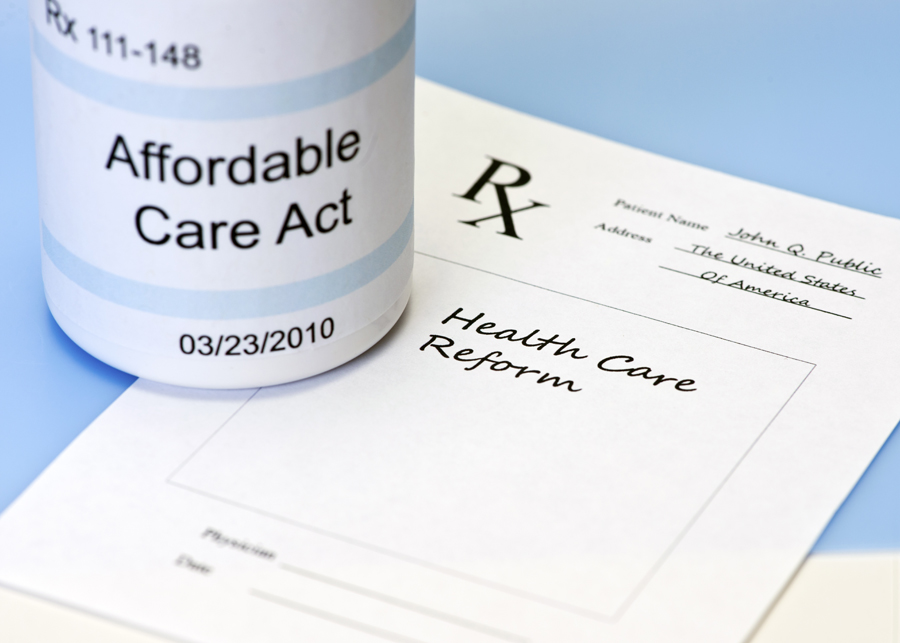Are you ready for Obamacare?
November 18, 2014 by Karen Reed, EA
We first heard about it all the way back in 2010, but the Individual Mandate − or Minimum Essential Coverage − did not go into effect until this year. Along with this controversial new health care stipulation comes the penalty for those who do not comply and the tax credit for those who qualify for it. For many taxpayers, Obamacare will not become a reality until they file their 2014 tax returns. Here are a few things you should know to avoid surprises at tax time:
- The Minimum Essential Coverage Requirement
Since January of this year, you have been required to carry Minimum Essential Coverage or be subject to a penalty, unless you qualify for an exemption. Minimum Essential Coverage generally means self-purchased coverage, government-sponsored coverage, or coverage under an employer plan. - The Shared Responsibility Payment
The penalty for not carrying Minimum Essential Coverage may be higher than you think. For 2014, it’s the lesser of a flat dollar amount (which is the greater of a monthly flat rate penalty amount, or 1% of income above a threshold amount) or the average annual premium amount for a bronze level plan. I went to taxpolicycenter.org and calculated the penalty for a single taxpayer with an adjusted gross income of $75,000, just to give you an idea. The penalty amounts calculated are $649 for 2014, $1,339 for 2015, and $1,725 for 2016. - The Premium Tax Credit
In order to qualify for the Premium Tax Credit, you must purchase your insurance through the Health Insurance Marketplace (also called the state and federal health exchanges) and meet certain other requirements. If you are having your credit paid directly to the insurance company through the Get it Now option, a change in your circumstances could result in a greater or lesser credit being calculated on your tax return. Married taxpayers who file using the Married Filing Separately status will not qualify for the credit unless they are a victim of domestic abuse or spousal abandonment and meet the criteria outlined in section 1.36B-sT(b)(2) of the Temporary Income Tax Regulations. - Exemptions from the Shared Responsibility Payment
There are a number of situations that can qualify you for an exemption from the penalty. A few of the exemptions are lack of affordability of coverage, low household income, hardship, and belonging to specific groups, such as Federally-Recognized Indian Tribes and certain religious sects. Some exemptions require a certificate from the Marketplace, while others may be claimed on the tax return. - New Forms
The 2014 1040 has new lines on it, and there are new forms for claiming the Premium Tax Credit and Health Coverage Exemptions that you will need to send in with your 1040. In addition, you may receive a statement from your employer or the marketplace reporting information about your health coverage, though employers are not required to issue the 1095-C this year.





